Impact of Social Media on the Traditional Media Landscape
on Jan 24, 2012
‘Professionals create the Content – Amateurs consume it.’
Since the invention of the printing press hundreds of years ago until a decade back, this statement had defined how media functions. Be it books, newspaper, radio, film or television, one and all followed the same mantra. This basically resulted in a kind of monopoly that these media organizations exercised over information and content being circulated around the world. Therefore, the power to get a message out to the world was only restricted to a few. However, with the rapid expansion of internet and the advent of social media this traditional approach to information and content circulation is now rapidly becoming a concept of the past.
There are two paradigm shifts that have taken place in the media culture as a result of Social Media’s rapid expansion:-

1. The first one being that content is now being created not only by the professionals but also by the amateurs. For e.g. YouTube claims that over 48 hours of video content is uploaded on its servers every single minute by its millions of users around the world.
2. Secondly and more importantly, Social media has now empowered the users/listeners/readers, basically the so called amateurs to not only communicate with the media organizations but also with one another. There is no better example for this than Facebook communities.
What the first paradigm shift has done is to take the control over content creation out of the hands of these mammoth media organizations, corporates and governments. Now, most of the content available for viewing on the internet is not created by professionals with vested interests but by amateurs themselves. In this manner the ideas and information are now flowing horizontally instead of vertically. The second paradigm shift has ensured that opinion is no more controlled by the media organizations. The ability to share ideas and discuss issues at a global level has now ensured audience participation like never before. What this has essentially done is to empower and mould the entire concept of freedom of speech and expression as it was ideally intended to be.
This rapidly changing landscape can be seen through various developments that are taking place in the traditional media houses. Book publishers around the world are under threat from free online publishing supported by e-book formats and companies like Amazon and Apple. Similarly, record companies are taking a serious hit because of YouTube and Apple store. However, most impressive has been the ability of social media sites like Facebook, Twitter, Google+, Reddit, etc. to circulate news, information, creative content and most of all in shaping popular public opinion and mobilizing the masses without the need of massive financial investments. This aspect of Social Media’s strength came to the focus of the world most in the previous year with movements erupting throughout the world from Arab Spring to Occupy Wall Street to our own Anna Hazare, all aided by the use of Social Media.
Whether you like it or not, Social Media is now here to stay and it will continue to redefine our ages old media practices. So, the only question we now face is "How can we make best use of this media? Even though it means changing the way we've always done it."


.png)
.png)

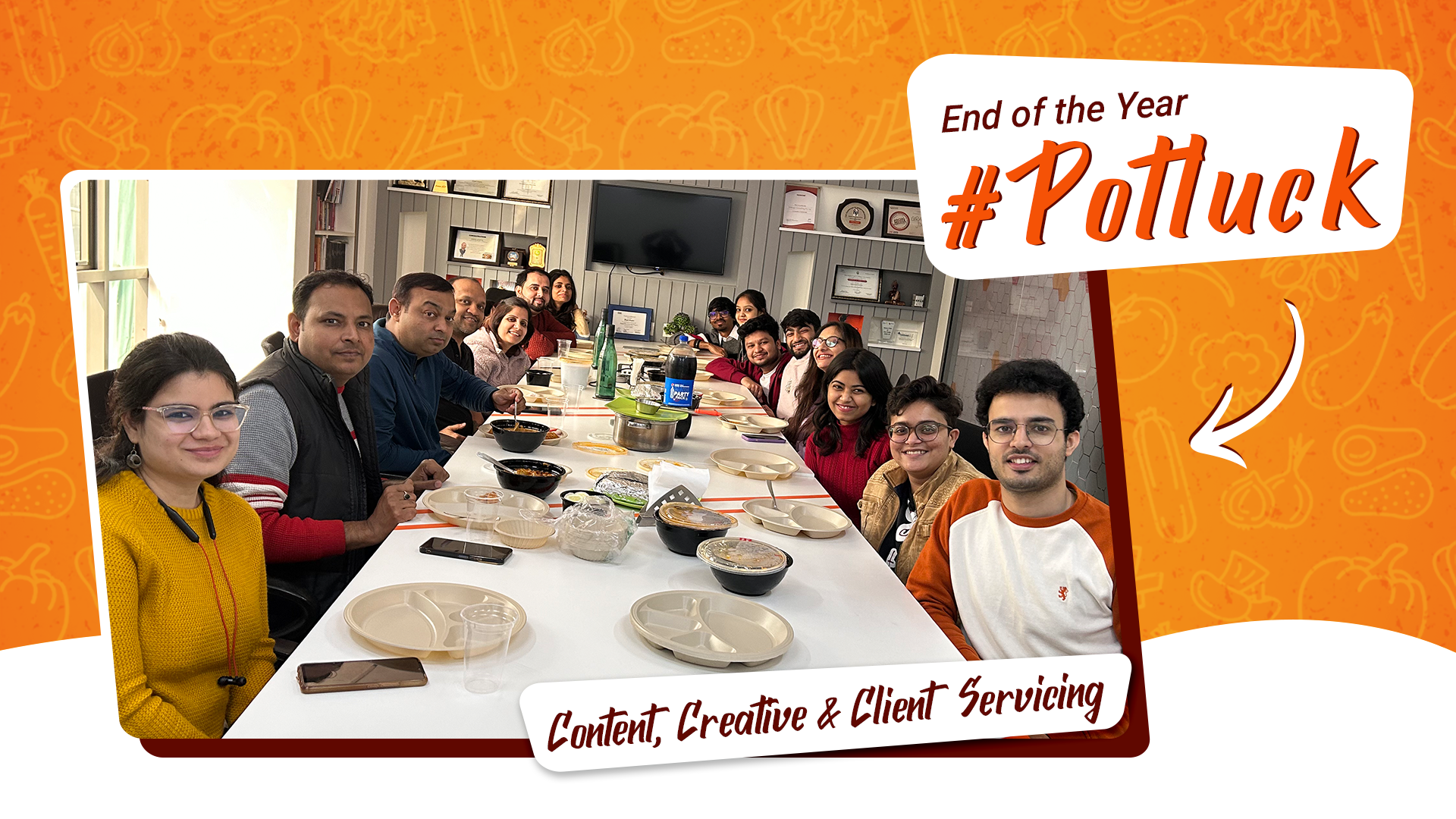

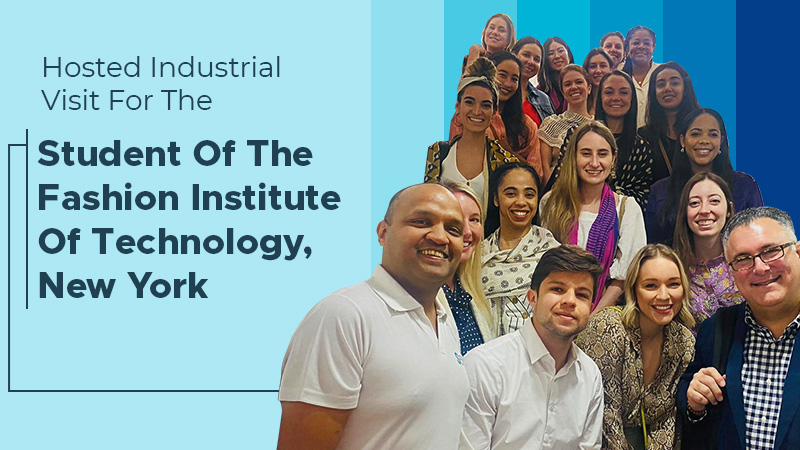
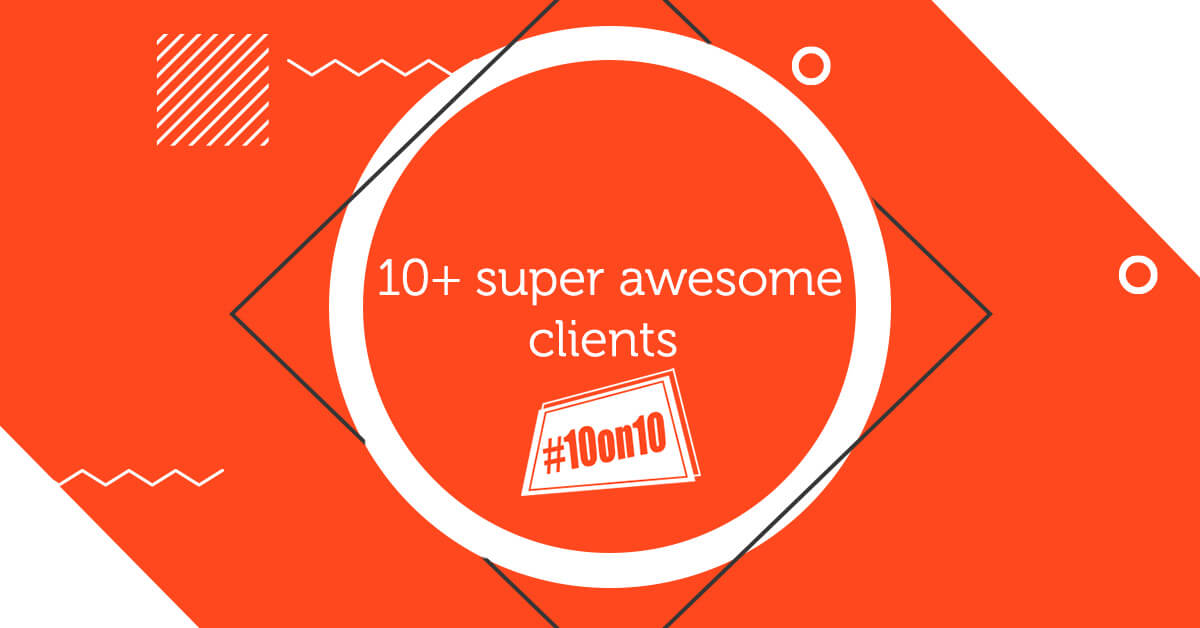

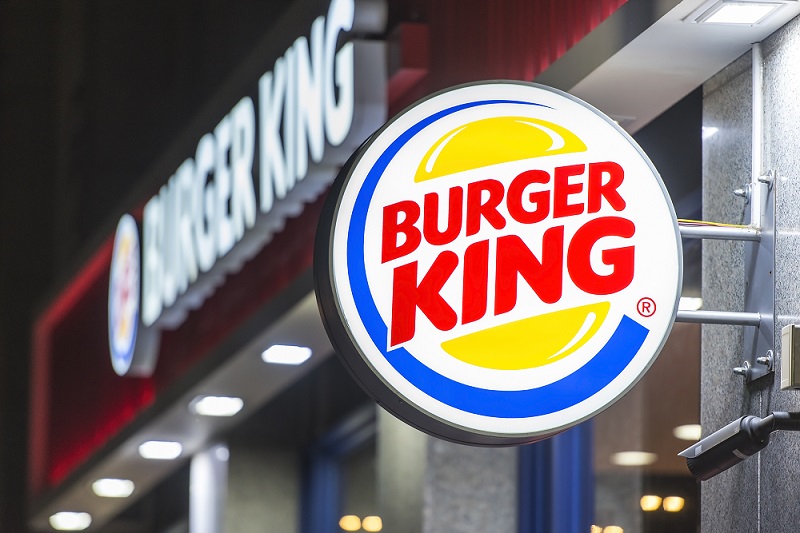
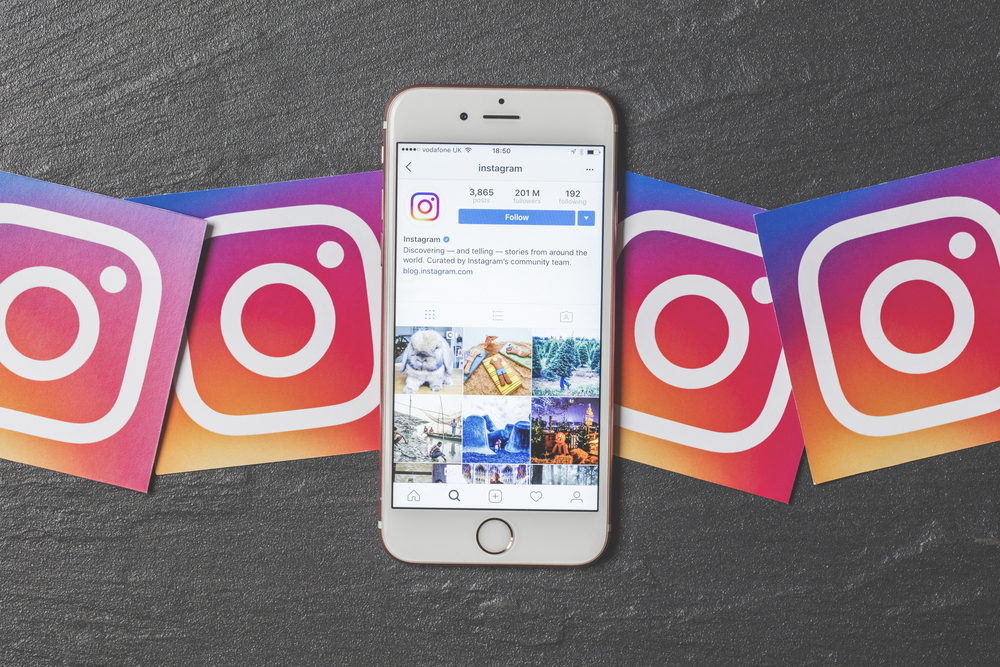



Sorry! No comment found for this post.